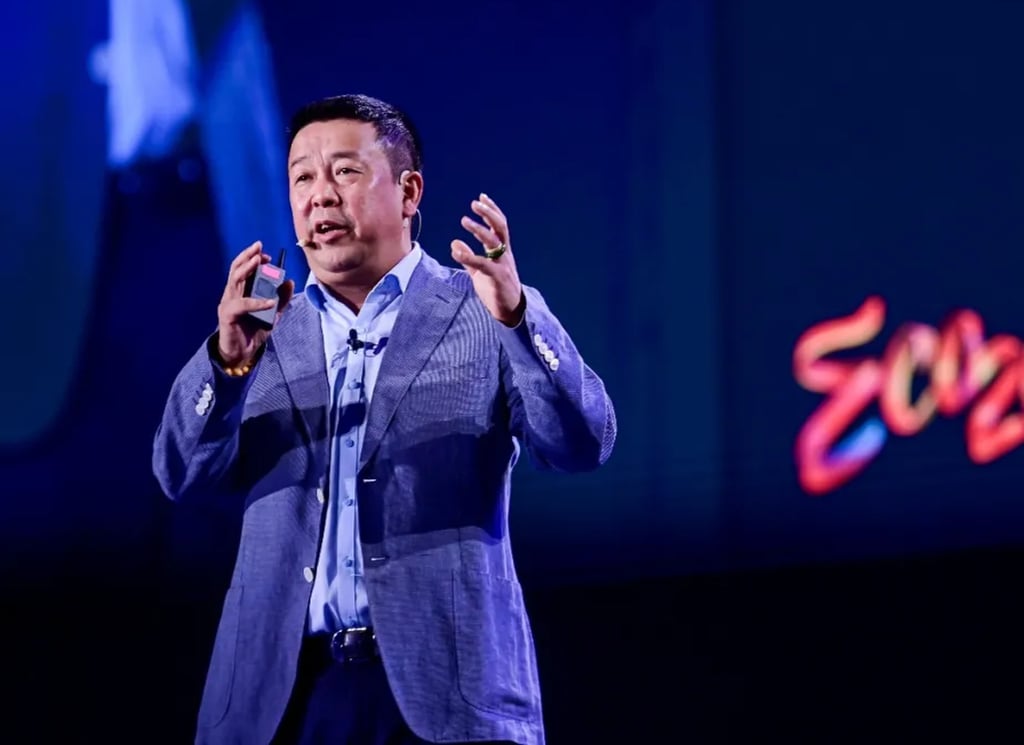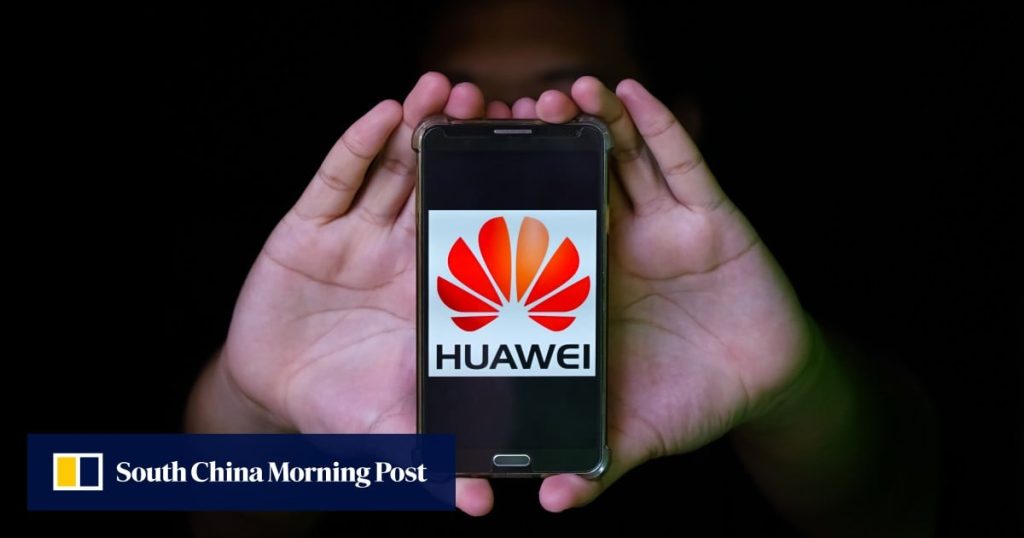China has virtually overcome crippling US tech restrictions, according to a senior executive at Huawei Technologies, as mainland-developed computing infrastructure, AI systems and other software now rival those from the world’s largest economy.
Shenzhen-based Huawei, which was added to Washington’s trade blacklist in May 2019, has already “built an ecosystem entirely independent of the United States”, said Tao Jingwen, president of the firm’s quality, business process and information technology management department, at an event on Wednesday in Guiyang, capital of southwestern Guizhou province.
Tao highlighted the privately held company’s resilience at the event, as he discussed some of the latest milestones in its journey towards tech self-sufficiency.
That industry-wide commitment to tech self-reliance would enable China to “surpass the US in terms of artificial intelligence applications” on the back of the country’s “extensive economy and business scenarios”, he said.
His remarks reflected Huawei’s efforts to surmount tightened US control measures and heightened geopolitical tensions, as the company pushes the boundaries in semiconductors, computing power, cloud services, AI and operating systems.

Tao’s presentation was made on the same day that Huawei said users of token services on its cloud platform had access to its CloudMatrix 384 system, which is a cluster of 384 Ascend AI processors – spread across 12 computing cabinets and four bus cabinets – that delivers 300 petaflops of computing power and 48 terabytes of high-bandwidth memory. A petaflop is 1,000 trillion calculations per second.


